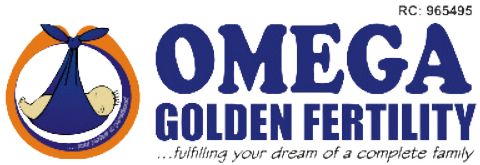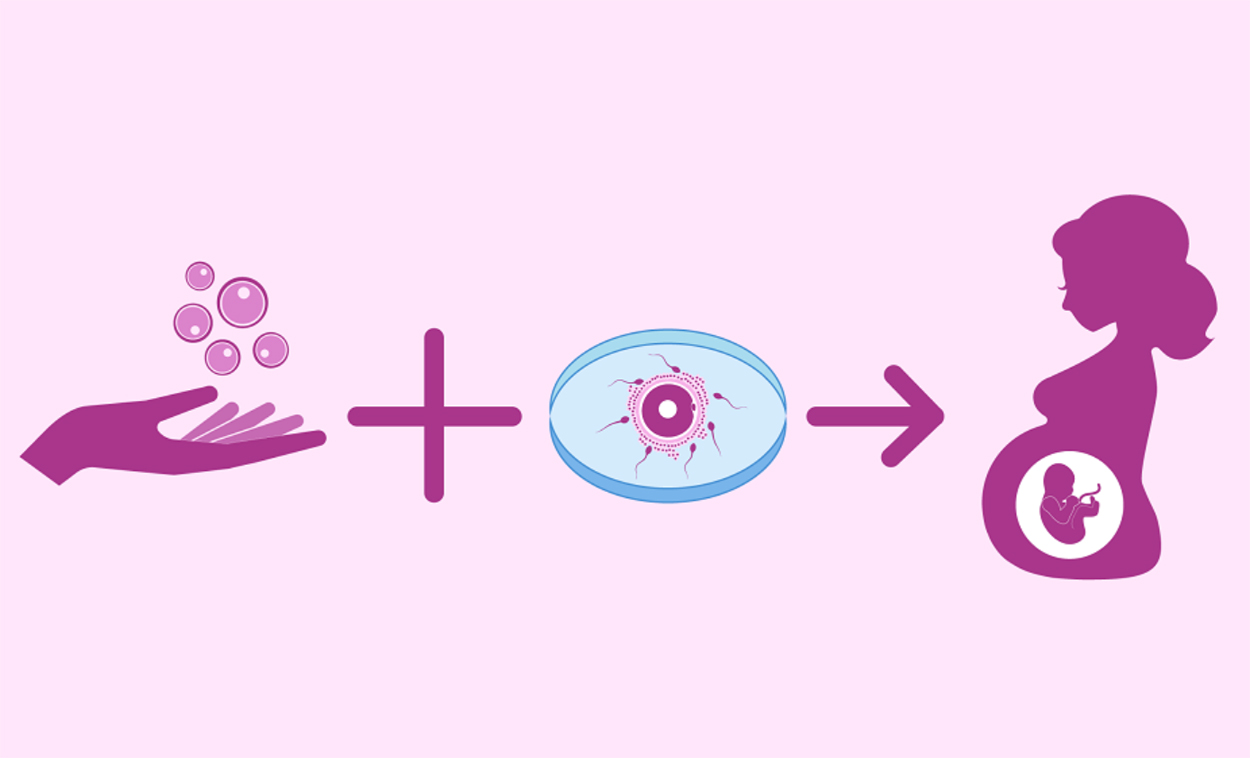Over the years, in the cause of our practice, we have had countless clients asking the question, Are children conceived from Donor egg IVF your biological children?
Those who are thinking about using donor eggs may be curious about whether any children born from those eggs will have their DNA.
Any embryo created from a donor egg will contain the egg donor’s DNA since every embryo has DNA from both the egg and the sperm in equal amounts.
This embryo will also have that DNA whether it was created with sperm from you or your partner.
Of course, one of the questions raised here is what it may signify if your DNA is absent from the embryo’s (and your child’s) genetic makeup. As they proceed on this path, many people can struggle with this. It makes sense because it’s difficult.
It can be natural to worry about raising a child that does not necessarily share your DNA. For years you may have dreamed about having a “mini-me,” who everybody would know immediately was yours. And you’re not sure you can think of them as yours without this connection. This is a very valid concern and one that so many intended parents face.
Are egg donors the biological mothers?
The unique DNA from each is also combined when an egg cell and a sperm cell come together. Consequently, the genes from the donor egg and the sperm donor combine when a baby is conceived from a donor egg. Consequently, the baby’s genetic makeup is split 50/50 between the sperm donor and egg donor.
However, the science of epigenetics shows that on a practical level, heredity is determined by more than just DNA sequence. The switches (called epigenetic controls) that turn our genes on and off play an even greater role in health and development. We now know that the way that the DNA is ultimately decoded determines how the gene expresses itself, or appears, in the baby.
So, in the case of natural conception, the odds of the baby looking like the mom or the dad varies greatly and depends on numerous factors – most importantly the uterine environment. The same applies to assisted conception, whether donated eggs or donated sperm is used. The baby may or may not look like the egg donor or the egg recipient, or like the father or the sperm donor. Gene expression varies in so many ways that no one can definitively predict how a gene will express itself. Even if mom and dad have brown hair, there is no certainty that the baby will also have brown hair.
As mentioned, the uterine environment is one of the most important factors in determining gene expression. The donor egg recipient is not just a live human incubator for a baby. She is the child’s biological mother, and the baby grows from her body which provides everything the foetus needs to grow and develop.
From the pregnant mom’s body, the baby receives the fluids and other compounds for 40 weeks of its development. This is delivered through the mother’s blood via the placenta – and so the mom’s flesh and blood grow the baby’s body. For this reason, regardless of the origin of the egg cell, the pregnant mom is considered the baby’ biological mother. And the baby is her biological child.
Ample research has shown that the prenatal uterine environment plays a crucial role in fetal brain development, childhood metabolism, immune health, and numerous other factors.
In addition, the birthmother’s health and lifestyle choices also affect how the baby’s genes are expressed. An example is nutrition, which is crucial for the formation of the uterine lining and the placenta. Poor nutrition may result in the foetus not receiving the nourishment required to express certain genes, even though they are present. Another example is stress – new evidence confirms that maternal psychological stress during pregnancy can increase the risk of adverse physical and mental outcomes for the baby.
It is also interesting that recent studies suggest that although the baby does not receive DNA coding from the egg recipient, even the recipient’s own DNA can influence how the baby develops. To cite just one example, the Fundacion Instituto Valenciano de Infertilidad, a non-profit research center for reproductive health, and Stanford University, have concluded that microRNA molecules secreted in the mother’s womb are capable of changing the genetic information of the developing foetus.
This means there is evidence that a baby can even receive a certain genetic inheritance from the egg recipient.
For all these reasons, if a baby is conceived by an egg donation recipient, the mom-to-be is considered the biological mother of the child in all respects.
We hope you found this piece very informative. You can book a consultation with us today for more. We will be glad to help as we are here to partner with you on your journey to parenthood.
Omega Golden Fertility is a specialized, premium, and assisted conception center in Nigeria. At Omega, the best of science, technology, and the highest ethical practices are combined to deliver real value to our numerous clients. We consider ourselves as the last frontier in the assisted reproduction industry. With state of art facilities, highly trained specialists, and a culture of excellence, omega is poised to bring her clients a lasting smile. Wouldn’t you rather talk to us? Help is just a click away.
You can get started by booking an online consultation session today.
Click the link below to book and schedule your hassle-free consultation.
DID YOU MISS OUR LAST INFERTILITY AWARENESS EVENT? WATCH THE FULL VIDEO BELOW
You can also connect with us on all their social media handles for more regular updates
Facebook: @omegagoldenfertilityng
Instagram: @omegagolden
Twitter:@fertilityomega



2 Comments
Thanks, can, I too can help you something?
I appreciate your answer. I’ve been worried as the recipient of an egg donation if my son has any connection to me. My cousin said the egg donor is hos biological mother. I carried him in my body and gave birth to him. Without me, he wouldn’t have had the gift of life.